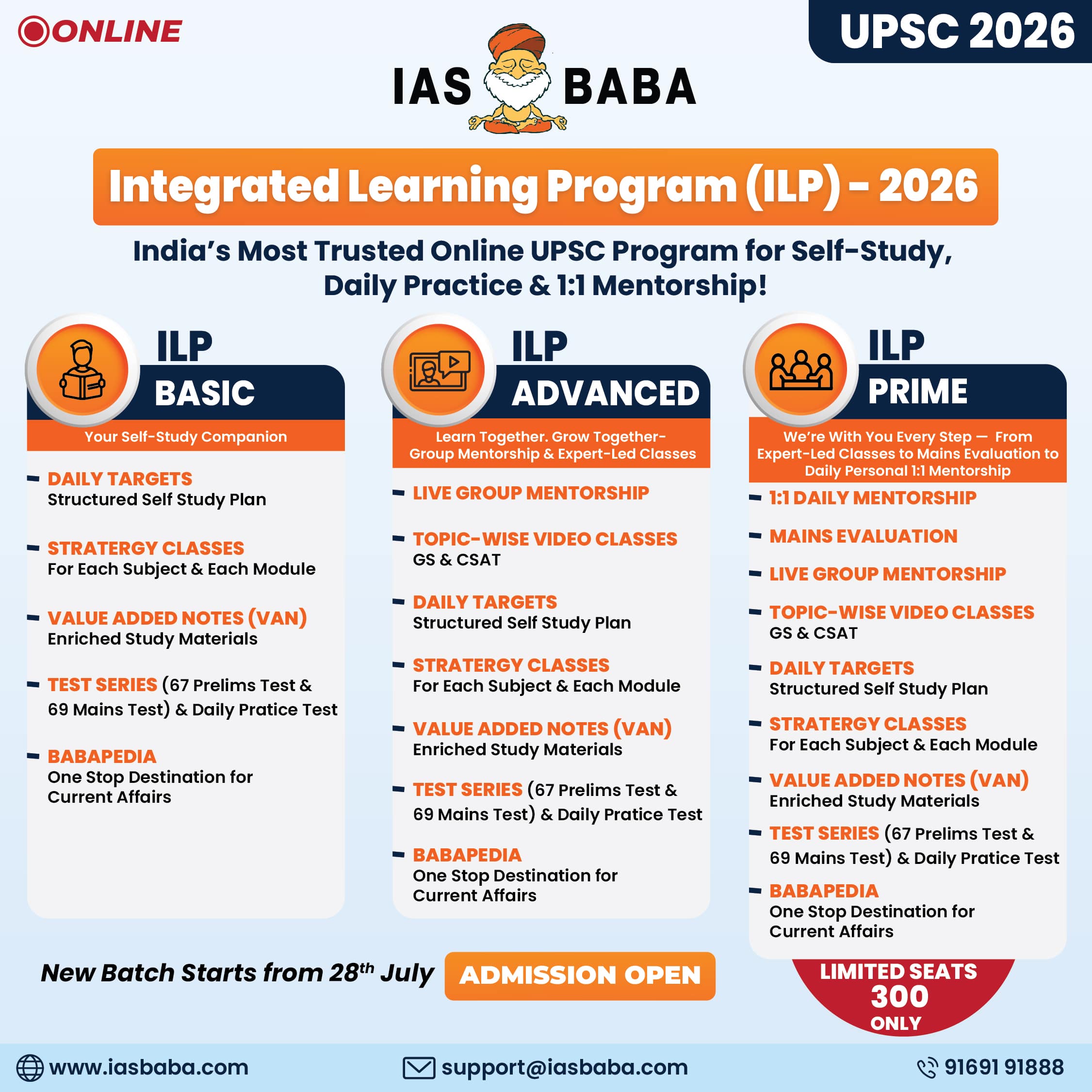UPSC Articles
INTERNATIONAL/ ECONOMY/ GOVERNANCE
- GS-2: Effect of policies and politics of developed and developing countries on India’s interests
- GS-2: Important International Institutions & their mandate
TRIPS waiver for COVID-19 Vaccines
Context: India and South Africa, in October 2020, moved a proposal at WTO demanding that key provisions of the Trade-Related Aspects of Intellectual Property Rights (TRIPS) agreement be temporarily waived.
- It was argued that such a waiver would aid scaling up of production ensuring wider access to affordable and effective vaccines.
- Most of these patents are held by pharmaceutical companies in the U.S. and the European Union.
What was the latest development?
- 63 developing countries become co-sponsors of the proposal and another 44 countries lent support from the floor. The developed world, especially the European Union (EU), kept dragging its feet on this while the virus raged on.
- Now, the EU has conceded.
- A deal has been brokered between the EU, the U.S., India, and South Africa on the issue of the TRIPS waiver.
- This deal will now be presented to the entire WTO membership, as draft resolution, to be accepted at the forthcoming ministerial meeting. A consensus of all members is necessary for a proposal to be approved
What is the deal that has been reached?
- The deal says all patent rights that protect the manufacturing of COVID-19 vaccines will be waived of for three-five years.
- Usually, there are multiple patents that cover even a single COVID vaccine and the draft says all of these line-patents too would stand temporarily waived.
- All member countries, through their governments, can authorise the manufacture (through Compulsory Licensing framework) as well as export of vaccines produced in these conditions.
- As relatively few countries have expertise in making vaccines, a waiver of this sort could help improve global access.
What is the criticism of the this IPR waiver offered by the deal?
- Inclusion of Vaccines only
- The draft waiver includes only COVID-19 vaccines and not other COVID-19 medical products.
- The proponents of the “waiver proposal” sought to include not only medicines, vaccines, and medical equipment but also the methods and the means of manufacturing the products necessary for the prevention, treatment, or containment of COVID-19.
- The agreement only says that a “discussion” on this can be held after six months.
- For ex: WHO has recommended baricitinib for treating severe or critical COVID-19. However, the generic version of it is not available in many countries because it is patented.
- Waiver of only Patents
- The draft waiver proposes to waive only patents and not other IP rights. India’s original stand was that all IP rights, not just patents, be waived.
- The accessibility of COVID-19 medical products can be held up due to many IP rights like trade secrets.
3.Procedural Requirements
- The draft waiver allows countries to export any proportion of vaccines to eligible countries. However, this waiver is subject to several notification requirements.
- Eligible members are obligated to prevent re-exportation of COVID-19 vaccines that they have imported.
- Furthermore, the eligible countries which issue a compulsory license for COVID-19 vaccines have to notify the WTO about the entity that has been authorised to produce the product, the quantities, duration, and the list of countries to which the vaccines are being exported.
- All these procedural requirements will increase the transaction costs and may deter countries from using the system.
- Export Restrictions
- Only those developing countries that exported less than 10% of world exports of COVID-19 vaccine doses in 2021 are covered for exportation and importation. There is no mention of least developed countries (Ex: Bangladesh)
- The eligibility condition seems to have been introduced to limit China’s expansion in the global vaccine market.
- India does not have to be concerned with the export restriction clause, as its share in global exports of vaccines was 2.4% as on January 31.
Conclusion
- In the aftermath of the HIV/AIDS crisis in Africa , the WTO adopted a decision in 2003 waiving certain TRIPS obligations to increase the accessibility of medicines in countries that lacked manufacturing capability.
- However, this waiver was subject to stringent requirements because of which hardly any country made effective use of this waiver.
- We see history repeating now in case of COVID-19. This will further dent the WTO’s relevance and credibility.
Connecting the dots:














